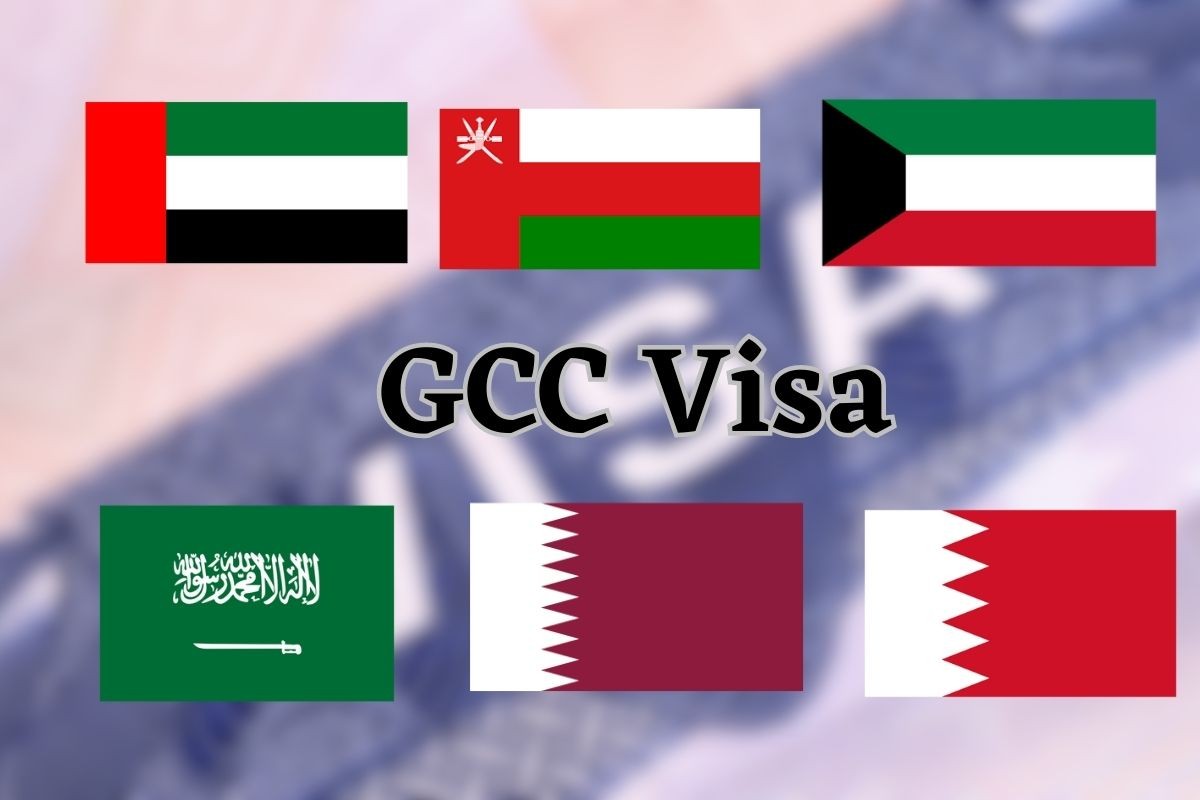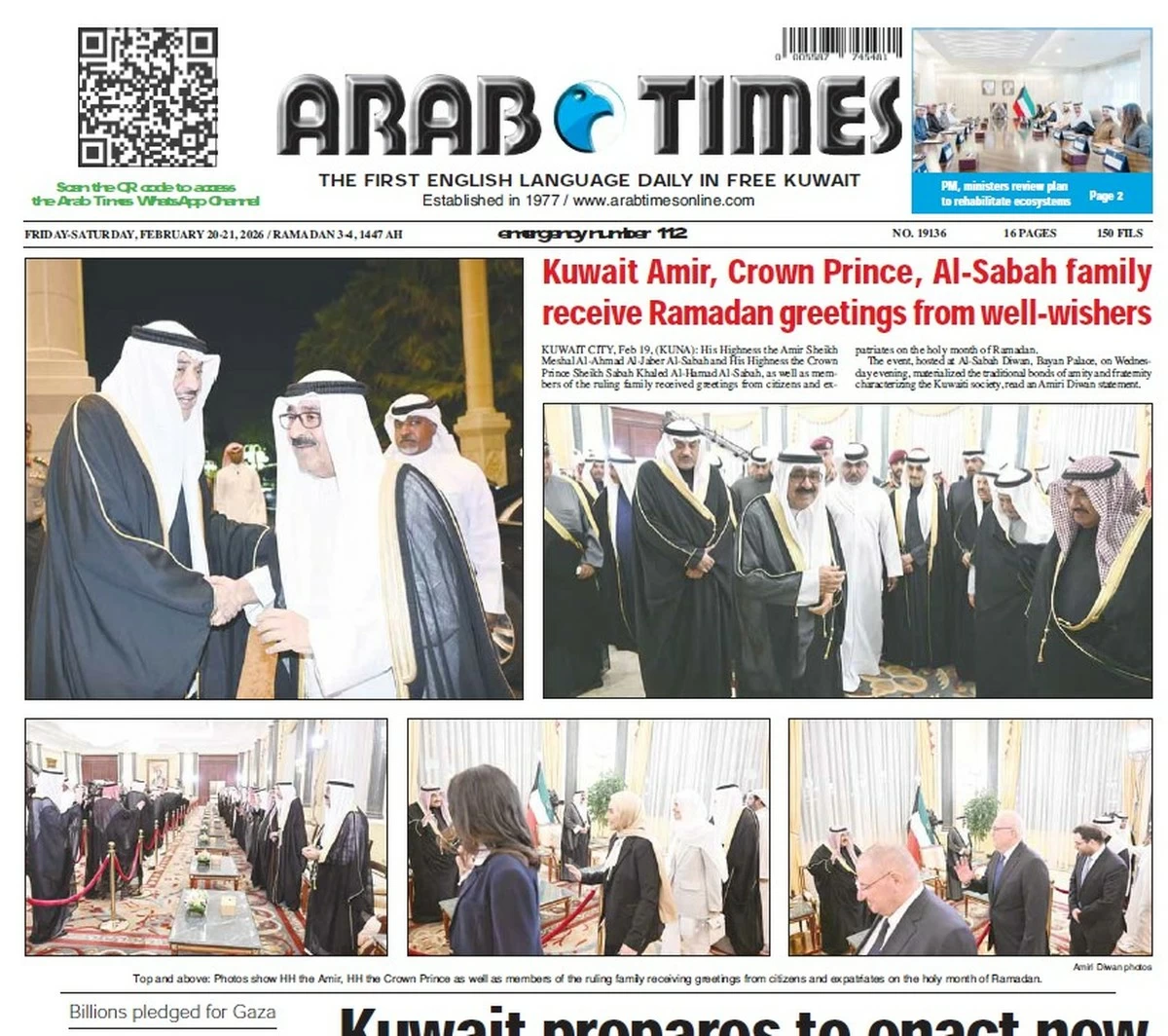21/06/2025
21/06/2025

DUBAI, UAE, June 21: The Gulf Cooperation Council (GCC), consisting of the United Arab Emirates (UAE), Saudi Arabia, Oman, Qatar, Bahrain, and Kuwait, has long been recognized as a key economic bloc with forward-thinking policies that attract international visitors and enhance regional connectivity. In 2025, the GCC is witnessing a transformative shift in its travel and tourism sector through a series of groundbreaking visa reforms aimed at simplifying entry procedures, increasing tourism flows, and promoting greater regional integration.
The visa reforms introduced across GCC member states this year include unified tourist permits and streamlined visa processes for expatriates and tourists alike. These measures are poised to redefine the travel experience across the Gulf, benefiting both visitors and the local economies of member nations.
Unified GCC tourist visa introduced: A landmark reform
Among the most significant developments of 2025 is the launch of the Unified GCC Tourist Visa. This revolutionary policy enables travelers to visit all six GCC countries using a single permit—mirroring the Schengen visa system in Europe.
In the past, tourists needed to apply for individual visas for each GCC nation, a process often seen as cumbersome and costly. The new unified visa facilitates smooth cross-border travel, encouraging tourism and closer cooperation between member states. It is expected to stimulate both leisure and business travel throughout the Gulf.
Key features:
- Single Visa for All Six GCC Nations: Tourists can now access the UAE, Saudi Arabia, Oman, Qatar, Bahrain, and Kuwait using a unified visa.n
- Stronger Regional Connectivity: The visa eases movement between member states, increasing the Gulf’s attractiveness to global travelers.n
- Simplified Digital Process: Available online, the application process is user-friendly and efficient.n
This development marks a milestone for regional tourism, offering travelers the opportunity to explore the entire Gulf on a single trip.
UAE: Expanding access through innovative reforms
As a longstanding leader in tourism and travel innovation, the United Arab Emirates is playing a pivotal role in the implementation of the new visa policies. The country’s adoption of the Unified GCC Tourist Visa is part of a broader initiative to make international travel more seamless.
Additional UAE visa updates:
- Entry Visas for GCC Residents: Expatriates residing in other GCC countries can now apply for UAE entry visas independently, without needing a local sponsor. Required documentation includes proof of residence, a valid passport, and supporting materials.n
- Multiple-Entry eVisas for Expats: A newly introduced eVisa allows expatriates in the GCC to enter the UAE multiple times over the span of a year without having to reapply.n
These updates are designed to strengthen the UAE’s position as one of the top destinations in the region for both tourists and business travelers.
Saudi Arabia: Reforms cater to business and religious tourism
Saudi Arabia has also rolled out major changes in 2025 to attract both religious pilgrims and business travelers. The nation’s visa policies now provide greater flexibility and oversight for visitors from across the region.
Key Saudi reforms:
- Multiple-Entry eVisa for GCC Expats: Expatriates residing in other GCC nations can now apply for a visa that allows multiple entries within a 12-month period, easing travel for business and family visits.n
- Mandatory Hotel Bookings for Umrah Visa Applicants: Pilgrims must now present confirmed accommodations via official platforms when applying for an Umrah visa. This step is aimed at improving logistical planning and avoiding peak-season overbookings.n
These steps are expected to enhance the pilgrimage experience for Muslims worldwide while boosting the kingdom’s appeal for other forms of tourism.
Oman: Welcoming the world with visa-free entry
In a bold move, Oman has expanded its visa-free entry policy in 2025, granting citizens of 103 countries—including most of Europe—14 days of visa-free access.
Policy Highlights:
- 14-Day Visa-Free Stay: Citizens from eligible countries can enter Oman without a visa for up to two weeks, enabling more spontaneous and short-term travel.n
- Tourism Promotion Strategy: This initiative forms part of Oman’s broader plan to grow its tourism infrastructure and diversify its economy.n
Oman’s relaxed visa rules are expected to attract a new wave of international travelers, particularly those seeking short getaways in the Middle East.
Qatar: Enhancing regional travel through unified visa
Qatar has joined the GCC-wide visa initiative in 2025, granting tourists access to the full range of Gulf countries under the new unified visa system.
Qatar’s visa enhancements include:
- Adoption of Unified GCC Tourist Visa: Tourists can now include Qatar in their Gulf travel itinerary with a single entry permit.n
- Promotion of Local Attractions: Qatar anticipates a rise in tourism thanks to easier access to its museums, luxury resorts, and natural beauty.n
As part of its national vision, Qatar aims to make itself more appealing to cultural, adventure, and high-end tourism markets.
Bahrain: Supporting seamless Gulf travel
Bahrain has embraced the Unified GCC Tourist Visa alongside its regional partners, offering easier travel across borders and helping to unify the Gulf as a tourism hub.
Visa Policy Updates:
- Unified GCC Access: Bahrain is now fully integrated into the regional visa system.n
- Support for Business and Leisure Travel: The new framework supports Bahrain’s ambition to become a nexus for commerce and culture in the Gulf.n
With its mix of historic charm and modern appeal, Bahrain stands to benefit significantly from the anticipated increase in tourist arrivals.
Kuwait: Streamlining the work permit system
Unlike its neighbors’ focus on tourism, Kuwait has introduced a major update to its work visa policy in 2025, affecting expatriates across all sectors.
Details of the reform:
- Standardized Work Permit Fees: Kuwait now imposes a unified fee of KD150 for all work permit transfers, abolishing previous exemptions that led to inconsistencies.n
- Implications for Employers and Workers: This policy is intended to simplify administrative processes and enhance oversight across the labor market.n
Though the change may pose initial challenges for some workers, it represents a strategic effort to bring more uniformity and efficiency to Kuwait’s employment system.
Toward a new era of GCC travel
Collectively, the visa reforms enacted across the GCC in 2025 signify a strong commitment to regional cooperation and economic diversification through tourism. From the unprecedented rollout of a unified tourist visa to improvements in entry procedures for expatriates, these changes are designed to support sustainable growth and global accessibility.
GCC member states are positioning themselves as major players in the international travel industry by:
- Offering simplified, digital visa processes.n
- Promoting multi-country tourism packages.n
- Facilitating religious, business, and leisure travel.n
For prospective travelers, staying informed about each country’s specific visa requirements remains essential. However, the new visa landscape opens a wide array of opportunities for global tourists, expatriates, and regional stakeholders alike.
With the Gulf now more connected and accessible than ever, 2025 marks a pivotal year in redefining how the world experiences travel in the Middle East.


